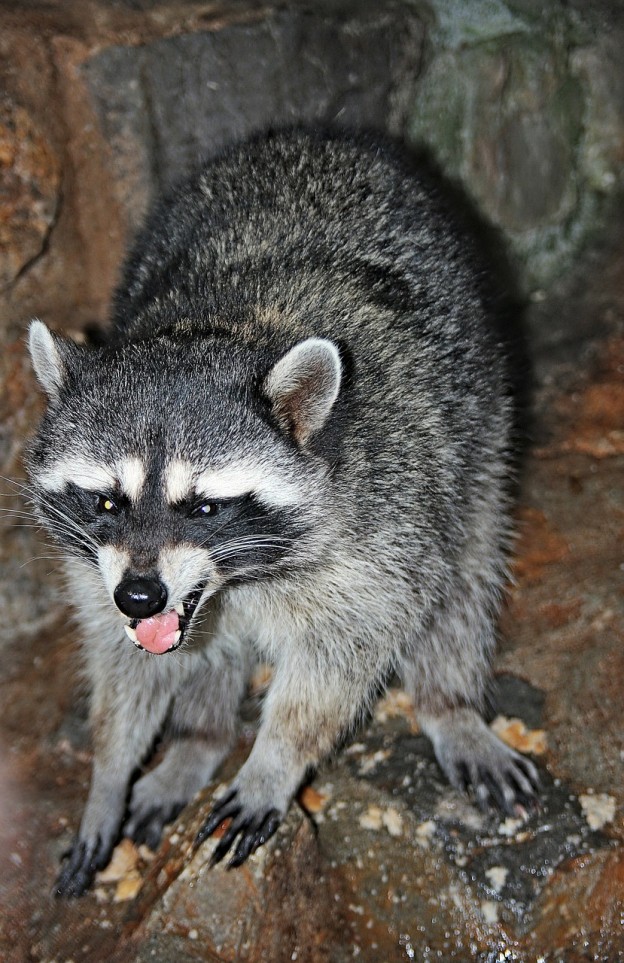There are plenty of reasons why you don’t raccoons on your home or property, but probably the biggest concern is the diseases that they carry.
Diseases that raccoons carry can be spread to humans and also to our pets.
You can be in danger of contracting diseases from not just an encounter with a raccoon, but also from accidentally coming in contact with their urine or droppings. This can especially put children or pets at risk because innocent play can bring them in contact with excrement.
That’s all the reason you need to want to get rid of raccoons. You don’t want them in your attic, under your shed or on your property.
Let’s review a list of some of the dangerous and contagious diseases that raccoons can carry.
If you need professional raccoon removal, contact us online or call (847) 464-1861
Common Raccoon Diseases
Distemper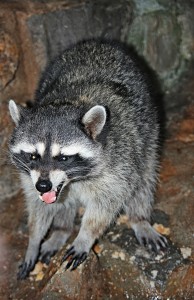
Distemper is a viral disease that can infect raccoons, skunks, foxes, coyotes, and many other animals. Dogs are especially susceptible to contracting the disease from wild animals or infected dogs.
It is much more dangerous to your dog actually than it is to you. Humans can contract the virus but usually produces no symptoms or illness.
Related: Chicago raccoons with distemper
Giardiasis
Giardiasis is an infection that can be transmitted by raccoons as well as many other animals. It is a microscopic parasite that can be spread through feces and can contaminate water, soil or any surface it contacts. Humans can become infected by unknowingly ingesting the droppings on contaminated surfaces.
Leptospirosis
Leptospirosis is a bacterial infection that raccoons can spread through their urine and droppings. This infection can spread to both humans and animals. Without treatment, Leptospirosis can lead to kidney damage, meningitis, liver failure, respiratory distress, or even death.
Related: Leptospirosis: A pest-related infection
Salmonella
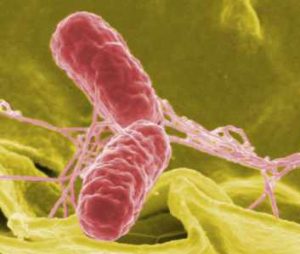 Salmonella is a bacteria that is infectious to humans and can cause severe illness. It can spread from raccoon droppings which contain the salmonella bacteria. This can infect surfaces with salmonella and then be accidentally ingested or spread through contact.
Salmonella is a bacteria that is infectious to humans and can cause severe illness. It can spread from raccoon droppings which contain the salmonella bacteria. This can infect surfaces with salmonella and then be accidentally ingested or spread through contact.
The bacteria can stay dormant in a dry environment for a long time, and then become active when conditions become favorable to it. It can cause fever, severe diarrhea, and abdominal pain.
Rabies
Rabies is a virus which can be carried by raccoons and many other wild animals. It can infect both humans and pets. It can spread from saliva or by being scratched or bitten by a raccoon. It is very important to seek treatment if you have come in contact with a raccoon because rabies can be fatal.
Related: Six signs a raccoon may be rabid
Roundworm
Roundworms are parasites that can spread from raccoons to humans and pets. Raccoons can be infected with roundworms and then spread their eggs through their droppings. The eggs are very tiny and may become airborne, making it possible for them to be inhaled and infecting people.
If infected with roundworms, symptoms are likely to show and cause serious illness within a week. Roundworms can affect the central nervous system, impair organs, impair brain functioning and can even be fatal or cause blindness.
Related: Raccoon roundworm: A dangerous threat
If you need professional raccoon removal, contact us online or call (847) 464-1861




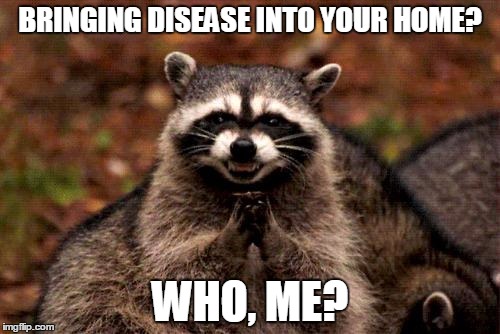
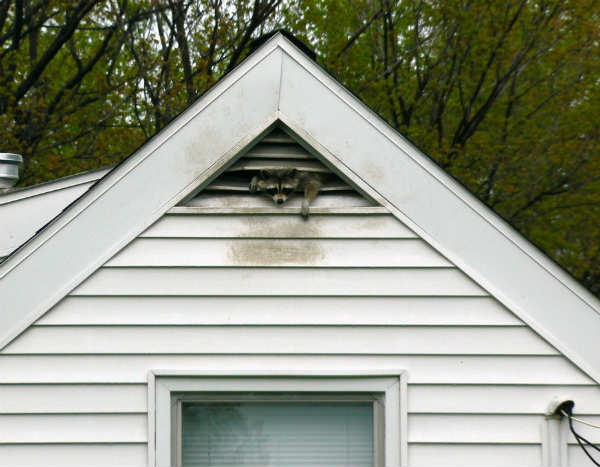
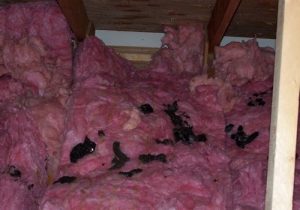 ate and urinate in the same place. The place where a raccoon continues to return to will begin to form noticeable piles. These areas are commonly referred to as raccoon latrines.
ate and urinate in the same place. The place where a raccoon continues to return to will begin to form noticeable piles. These areas are commonly referred to as raccoon latrines.